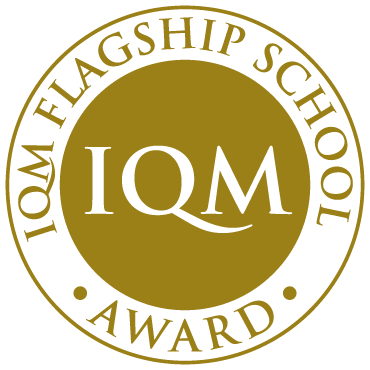Music
Music lessons at Babington Academy are designed to be exciting and engaging and develop learners into becoming all-round, skilled, modern musicians. Working in an environment that stimulates creativity, students have the opportunity to make music every lesson, whether that be through performance, composition or listening to music. We believe that music learning is most effective when young people are making music and when their existing passion for music is reflected and built upon.
The KS3 Music Curriculum:
This KS3 music pathway plan ensures a structured and progressive music education from Year 7 to Year 9 and aligns with the National Plan for Music Education, designed to ensure progression in musical skills and understanding across three years (Year 7 to Year 9).
Each year consists of three 6-lesson blocks, focusing on different aspects of music: Rhythm & Metre, Harmony & Tonality, and Performance. The curriculum emphasises practical engagement, creativity, and inclusive practices to cater to diverse student need. By integrating the Musical Futures approach, students engage in practical, hands-on music-making, promoting creativity, collaboration, and a lifelong love of music.
The curriculum is designed to provide students with a broad and rich cultural education through diverse musical experiences. By exploring topics such as Djembe Drumming, Samba, Songwriting, Jazz and Blues, Musical Futures JustPlay, Pitch Notation, and Rhythm Notation, students develop a deep understanding of various musical traditions and practices, enhancing their cultural capital and preparing them to be well-rounded, culturally literate individuals.
Year 7
In Year 7, students begin their musical journey by exploring rhythm, melody and performance skills through engaging practical activities.
Term 1: Rhythm & Metre
Students learn to read and perform rhythms in 4/4 time using rhythm notation. They engage in body percussion and bucket drumming to develop coordination and timing.
Example Repertoire: Simple percussion pieces
Term 2: Tonality & Harmony
Students learn to read treble clef notation and perform scaffolded piano pieces with simple bass line accompaniment.
Example Repertoire: Fur Elise, Eine Kleine Nachtmusik
Term 3: Performance
Students perform in a band setting, applying their understanding of rhythm and harmony.
Example Repertoire: Musical Futures Playalongs
Year 8
In Year 8, students build on their foundational skills and explore world music, harmony, and ensemble performance.
Term 1: Rhythm & Metre
Students learn basic rhythm notation using grid notation and perform traditional African drumming on djembes.
Example Repertoire: Kye Kye Kule, Saharan Sounds
Term 2: Tonality & Harmony
Students learn to build and play chords, performing the 12-bar blues and the 4 chord trick.
Example Repertoire: In the Mood
Term 3: Performance
Students perform in bands, showcasing their understanding of rhythm and harmony.
Example Repertoire: Musical Futures Playalongs
Year 9
In Year 9, students refine their musical skills through ensemble performance, harmony and music technology.
Term 1: Rhythm & Metre
Students perform as part of a samba ensemble and explore complex polyrhythms.
Example Repertoire: Samba de Janeiro, Arriba
Term 2: Tonality & Harmony
Students explore riffs and chords, performing popular band pieces.
Example Repertoire: Shape of You, Shotgun
Term 3: Performance
Students engage in turntablism, learning to read, perform, and create scratch compositions.
Example Repertoire: Given Turntablism pieces, own compositions
The KS4 Music Curriculum
WJEC Level 1/2 Vocational Award in Performing Arts - Music Pathway
What Will I Study?
You will develop the skills and techniques needed to perform existing musical works and compose original music. You will explore music technology and learn how to respond creatively to industry briefs.
Unit Breakdown
This qualification is made up of 3 units:
Unit 1: Performing - Music or Music Technology
Unit 2: Creating - Composition, Composition using technology
Unit 3: Performing Arts in Practice - Apply your skills in response to a brief.
Key Skills and Knowledge Developed
You will develop communication, confidence, independent learning, organisation, problem solving, research, self-discipline, stamina, responsibility, and time management.
Future Career Pathways and Further Study Opportunities
Career options include: Composer, Musician, Music Therapist, Sound Technician, Musical Theatre Performer, Music Teacher. This course also prepares you for further study in music and related fields.
Extra-curricular music activities
There is a wide range of music-making activities to engage with here at Babington Academy:
- Instrumental lessons
- Singing Group
- Wind Band
- Violin Ensemble
- Rock Band rehearsals
- Keyboard Club (Coming soon…)







 ↑
↑



